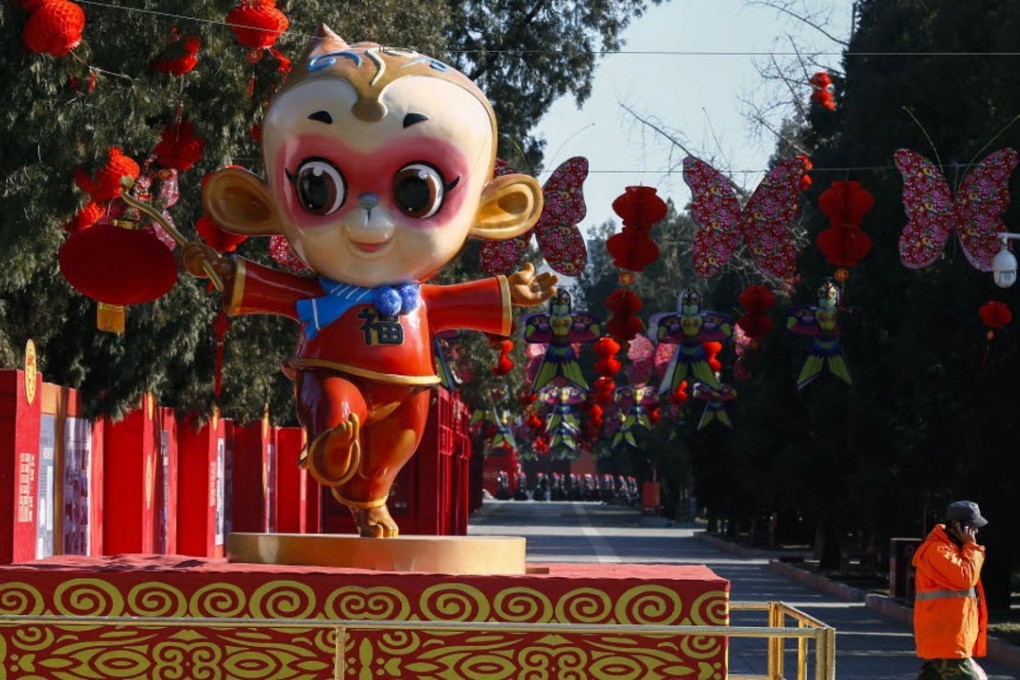Gong Xi Fa Cai! What to expect in China’s Year of the Monkey

The Year of the Monkey is expected to be another turbulent year for the world’s second largest economy. Here, SCMP reporters gaze into their crystal balls for what might lie ahead.
POLITICS: Political jockeying and more crackdowns
The Communist Party will be focused on preparations for a new leadership team, to be unveiled at the 19th Party Congress next year. Apart from President Xi Jinping (習近平) and Premier Li Keqiang (李克強), the rest of the Politburo Standing Committee will have reached retirement age. The new appointments will be keenly observed for clues as to who Xi intends to succeed him.
Two of Xi’s signature campaigns – the drives against corruption and in favour of frugality in public life – are likely to continue to reshape the nation.
They are useful tools for Xi to consolidate power and cement his authority. The anti-graft drive’s focus on regional targets may broaden.
In the face of unprecedented challenges at home and abroad, the government will tighten political, social and ideological controls, further crack down on critics and suppress advocates of Western ideas.
It might also tighten the reins on the media, including the internet, and on academic freedoms.
– Cary Huang